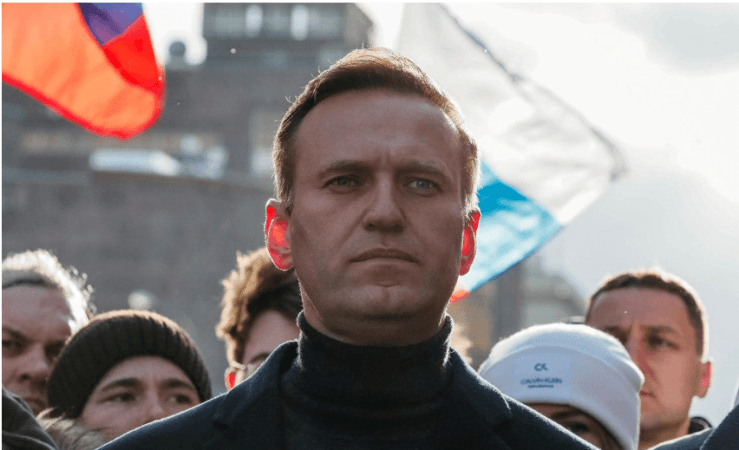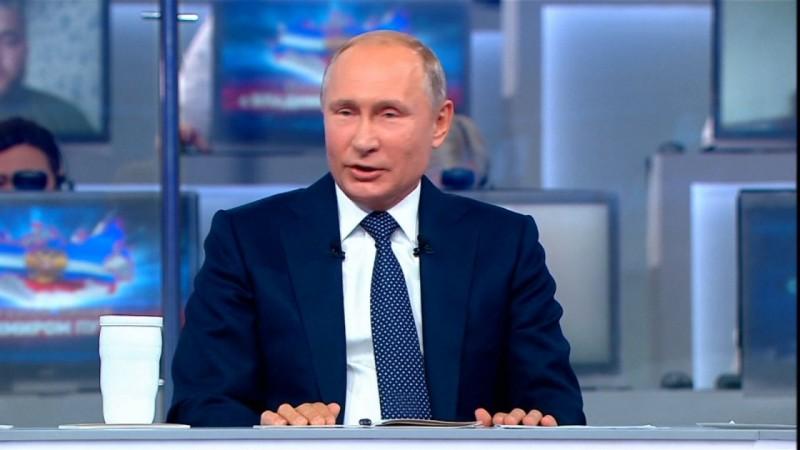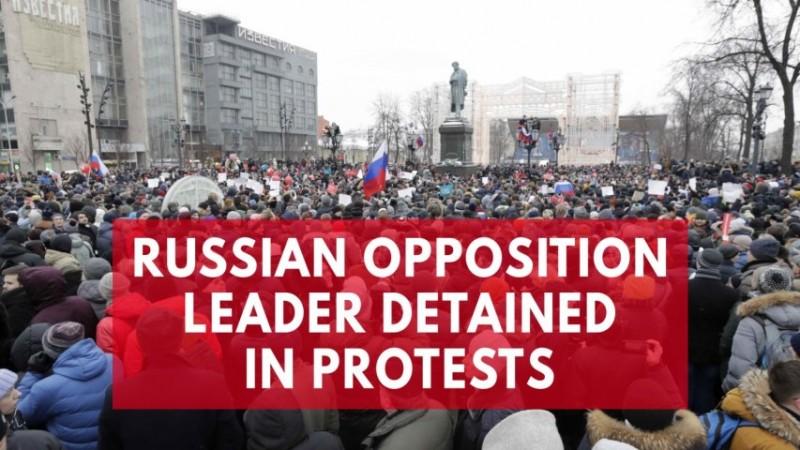If the news snippets making their way through social media accounts of whistleblowers in China are frightening, then it's time to be phobic about Russia. The country that's currently grappling with unprecedented protests in support of jailed opposition leader Alexei Navalny. As tens of thousands of protestors took to the streets across the country on Saturday, police clashed with demonstrators in Moscow and arrested nearly 3,500 protestors.

Kremlin finally broke its silence, but for two reasons. Firstly, to downplay the scale of the protests, by saying that demonstrations against Vladimir Putin were overstated. Secondly, to deflect attention, and put the blame on US interference in Russia's internal affairs.
As the West continues to condemn the arrests and police atrocities on protestors, those well aware of the inside workings of Russian politics are not surprised at the scale of those who have taken to the streets. Given the political scenario of the country, the resentment against Vladimir Putin's 20-year-rule has been since long unfolding. Protestors chanted, "Let him go!" "Russia will be free," "Putin go away," and "Freedom to Navalny," braving the Russian cold and the Russian police.

Who is Alexei Navalny?
The biggest display of dissent has been in the making for years now, especially catalyzed by opposition leader Alexei Navalny. The 44-year-old is a lawyer and anti-corruption activist and one of the staunch opponent and critic of Vladimir Putin. He has been exposing corruption in Russian politics and Putin's government through his blog and social media pages, which have millions of young followers.
He gained international attention when he ran for office but was barred from running against Putin in the presidential elections of 2018. The Central Electoral Commission voted him ineligible because of a corruption conviction, which Navalny has said all along was politically motivated.
"Only Putin and the candidates that he personally chose, ones who don't pose the slightest threat to him, are taking part," he had said back then in an interview to BBC.

Why was he poisoned?
Navalny, across the nation, is widely regarded as the only candidate that has a chance of challenging and winning from Vladimir Putin. The fact that he has been arrested on multiple occasions for arranging demonstrations does not come as a surprise but the fact that on the 20th of August last year, an attempt was made to poison Navalny came as a shocker to the world.
Navalny collapsed on an internal flight in Siberia and was flown to Germany for emergency medical treatment. He spent more than three weeks on a ventilator and as he recovered, he said he intended to return to Russia. He blames the Russian authorities for the attempt to kill him last year. His allegations are backed up by several reports and accounts by investigative journalists.
European experts later confirmed he had been poisoned with Novichok, a lethal Russian nerve agent. Kremlin denies any role. Putin told the journalists that Russian operatives wanted to kill Navalny, "they would have probably finished the job."
Worst fears confirmed?
On January 17, he boarded the flight back to Russia despite warnings of his immediate arrest on arrival. Navalny was detained after flying back to Moscow from Germany and that is five months after he was almost killed due to poisoning.
"I know that I'm right. I fear nothing," he announced to his supporters on arrival. News of his detention has sparked not just nationwide protests but worldwide condemnation from the European Union, France and Italy which called for his immediate release.
As for the US, President Joe Biden's security adviser Jake Sullivan has gone all and posted on his Twitter account, "Mr Navalny should be immediately released, and the perpetrators of the outrageous attack on his life must be held accountable. The Kremlin's attacks on Mr Navalny are not just a violation of human rights, but an affront to the Russian people who want their voices heard."










